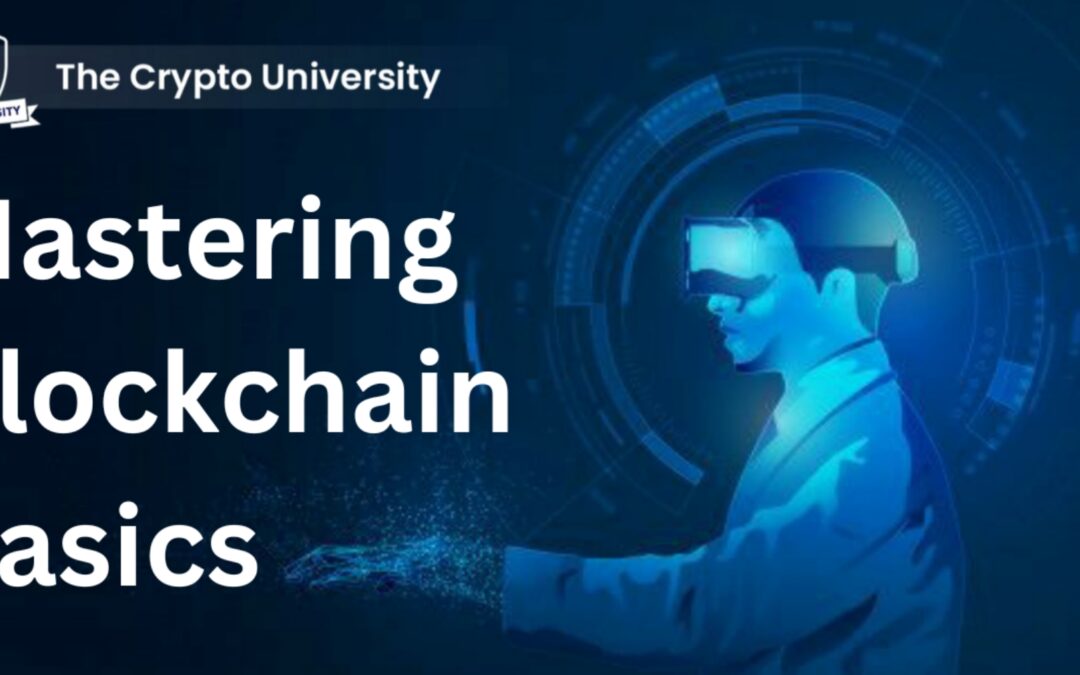In our rapidly evolving digital era, Blockchain continues to reign supreme, challenging the traditional reliance on centralized authorities. Imagine a world where our government, banks, court don’t have control over our assets. The founder and executive chairman of the World Economic Forum aptly declared in his book, “Blockchain is the future engineering technology of mankind.” The transformative potential of this technology is already evident, shaping a world where trust is distributed across a network of peers rather than concentrated in institutions like government, banks, and courts. Explore with me the model shift towards decentralized trust and the promising future it holds for mankind.
The first ever blockchain was conceptualized by a person or group of people know as Satoshi Nakamoto in 2008. Nakamoto began improving the design in an important way to timestamp blocks without requiring them to be stamped by a trusted party while he introduced a difficulty parameter to stabilize the rate at which blocks are added to the chain. The design was finalised and implemented a year after (2009) as a core component of the cryptocurrency “Bitcoin” which served as a public ledger for all transactions on the network.
It is important to know that forecast by Gartner’s research firm predicts a significant rise in blockchain’s business value, reaching over $360 billion in the near future and soaring to $3.1 trillion by 2030. This analysis underscores the ongoing and transformative impact that blockchain is ready to make, simply marking a revolutionary era in the decades to come.
Now with these understanding, let’s dive into the 7 fundamental guides to mastering blockchain basics.
Learn what is Blockchain: Learn the simple definition of blockchain and grasp core concepts like blocks, chains, and decentralization. Familiarize yourself with key terms such as nodes, consensus, and smart contracts. Understand the blockchain network, explore the transaction lifecycle, and explore the world of cryptocurrencies. Enroll for the best blockchain mastery course at Crypto University to shape your understanding.
Select a Learning Path:- Research and discover various learning paths and tailor your learning path to align with your goals, e.g you aspire to be a blockchain developer, business analyst, or enthusiastic learner. Dive into the nuances of each role, understanding the essential skills required within the dynamic blockchain ecosystem. This exploration should equip you with a comprehensive understanding of the diverse opportunities within your learning path.
Online Courses & Tutorials:- Discover credible online academies delivering beginner-friendly blockchain courses such as The Web 3 Masterclass at Crypto University. The courses should seamlessly blend theoretical foundations with practical applications, offering a well-rounded introduction ideal to newcomers. It should provide hands-on experiences, ensuring a solid grasp of blockchain concepts and their real-world relevance.
Hands on Practices:- Taking your blockchain knowledge learnt to the next level through hands-on practice is a critical step for your learning process. Apply theoretical concepts in practical scenarios, reinforcing your understanding. Dive into real-world projects, solve challenges and gain the confidence needed to navigate the dynamic landscape of blockchain technology with proficiency and ease.
Networking & Community Engagement: Actively participate in blockchain communities, forums and events. Connecting with industry experts e.g Grey Jabesi, Miles Deutcsher and the likes offers expanded knowledge, potential career opportunities, mentorship, and collaboration possibilities. Gain industry insights, a global perspective and access to events, conferences, and valuable partnerships. Make sure to embrace the power of networking in your blockchain journey.
Keep up with community trend:- Subscribing to newsletters, following industry blogs, and joining relevant social media accounts or groups will help to effortlessly stay in tune with the dynamic trends in the blockchain community. It helps keep abreast of community trends so as to make informed decisions, innovation opportunities, risk mitigation, strategic planning, and awareness of emerging technologies, staying updated on new project launches, security concerns, regulatory developments and more.
Build a Portfolio:– In your chosen path, whether as a developer or trader, building a portfolio is key. As a developer, you can showcase projects or contribute to open-source projects, while as trader you can exhibit a diverse range of cryptocurrencies and blockchain-related assets. This not only highlights your practical skills but also serves as a compelling showcase for potential employers or partners. Your portfolio then becomes a tangible representation of your expertise in the blockchain space.
With these 7 comprehensive fundamental guides, you’ve taken significant steps beyond novice status in the blockchain space. Approach your blockchain mastery journey with confidence, knowing that you’re equipped with essential knowledge and practical insights. Your commitment to understanding blockchain fundamentals positions you for success in this dynamic space. Thank you for reading, and I wish you a rewarding and enlightening learning experience. Happy learning!
